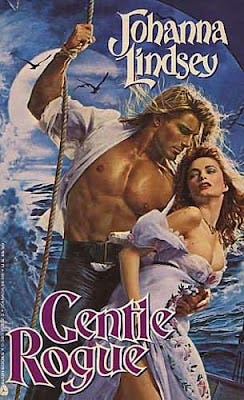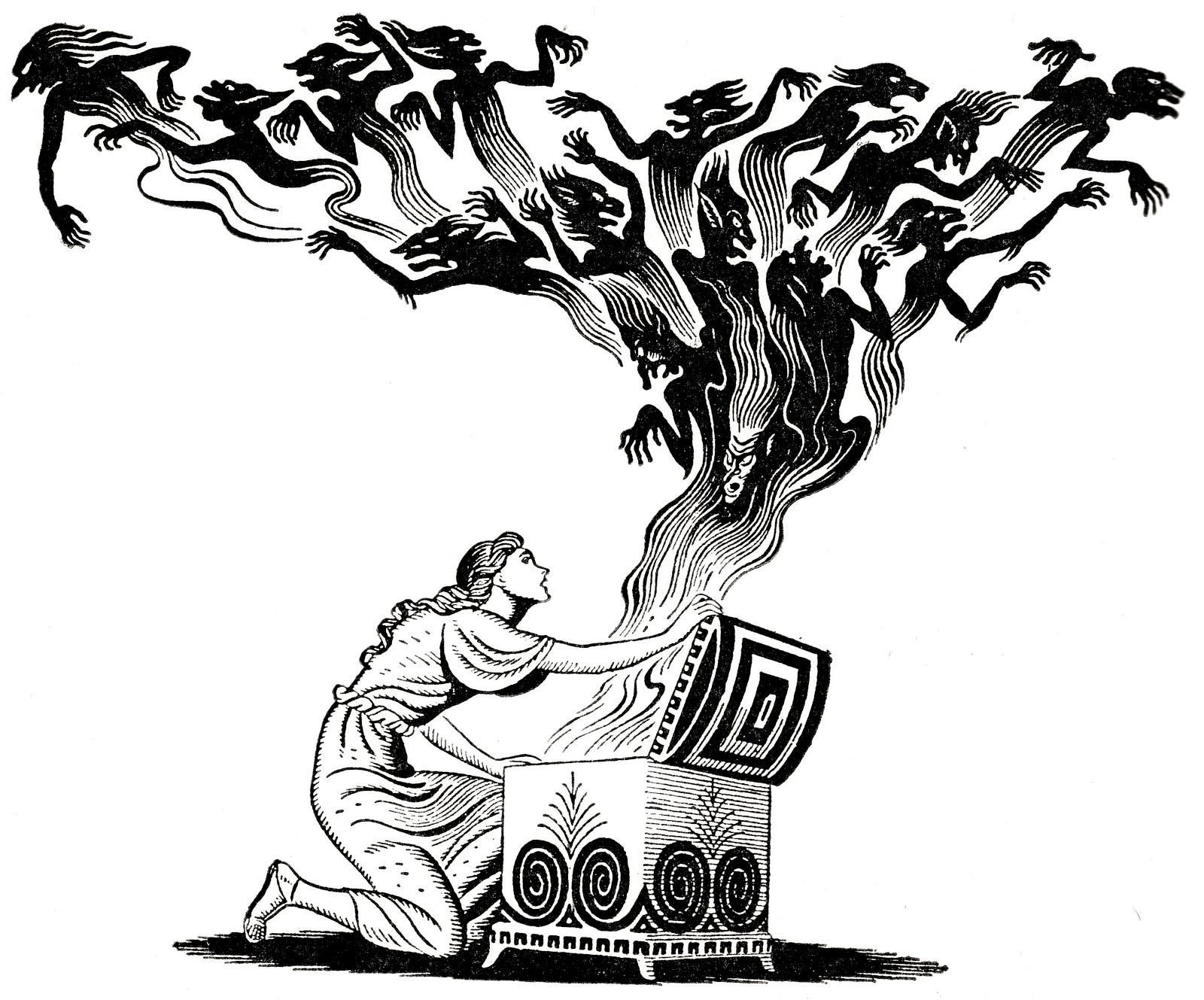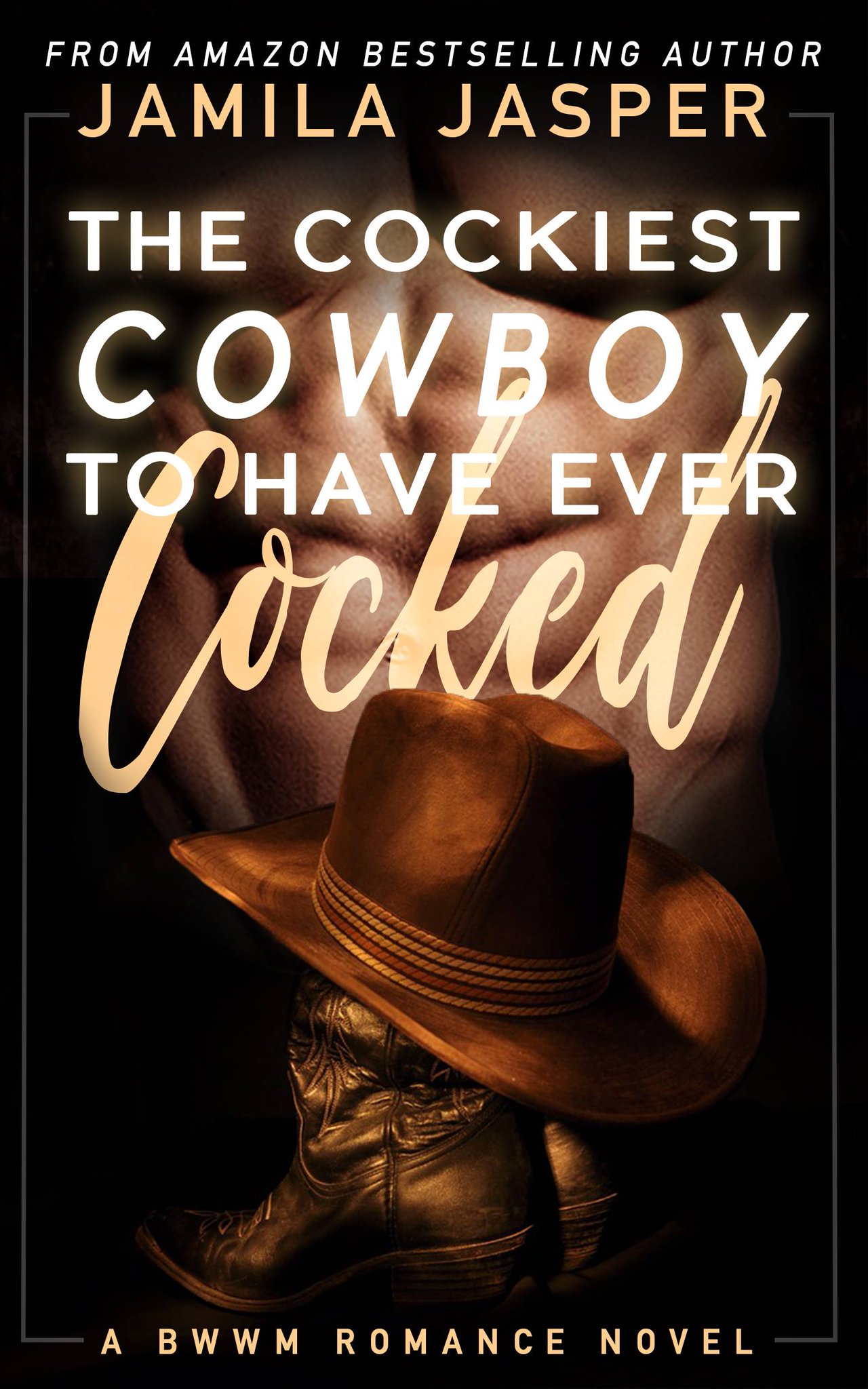Why Romance Novels Should Leave The Stigma Behind And Be Seen For The Progressive Reads They Are
 |
| 5000 Trashy Romance Novels by Thedra Cullar-Ledford |
I recently saw a post on a Facebook post about a piece of art made from romance novels. It was a giant cube made from the novels mostly facing outward with amazing colors, and it was absolutely gorgeous. But the title of the piece really bothered me. She had named her art '5000 Trashy Romance Novels'.
Now don't get me wrong, there are a few romance novels I'd call trashy. There's a few books of other genres that would fit that description too. But the idea here was that there were 5000 books, of different titles and authors, but all in the romance genre, that were all deemed trashy.
I write romance for a living. Even when I try writing a different genre, my brain and writing is stuck firmly on the happily-ever-after. I can't help myself. It's apparently hard-wired into my DNA.
So to see romance novels labeled as trashy, really got under my skin. The stigma of trashy novels has been around as long as romance novels have been written and published. Women would hide the novel they were reading under the dust jacket of a more conservative or non-fiction book, or behind a magazine. If someone asked what they were reading, they'd hide it away, or say 'Oh, it's nothing'.
As a romance writer myself, I find myself instinctively leaning towards ashamed when someone asks me what I write. I'm not ashamed, quite the opposite, but society has raised me to think that writing about love is some guilty pleasure, a subject that shouldn't be taken seriously, a thing you do but don't talk about. And that's some Grade-A bullshit right there.
I fell in love with reading at a very young age and went through all the age appropriate books at the library well before I should have. I was BORED. So I started exploring the adult sections and found a lot more interesting reads. I read my fist romance novel, a well worn title by Nora Roberts, at the ripe age of twelve. I didn't even understand half of the scenes but I LOVED IT. I was hooked for life after that. I remember slinking to the checkout desk with my hoard of books with half-naked people on the cover, hoping the librarian wouldn't tell me to put them back, or worse, tell my mom what I was trying to check out. Instead, she smiled, and showed me where the newest romance releases could be found. I was lucky to have such a progressive librarian.
 |
| A classic romance cover featuring a (normally) shirtless Fabio |
I grew up in a tiny town of 400 people. Everyone went to church on Sunday. There were no gay people, no minorities, no one that spoke anything but English. You were required to get married, and only have sex after the fact. That's the life I grew up living. I was sheltered. I was ignorant. I would have been trapped... if not for romance novels.
Those 'trashy' reads that no one wanted to admit they read, introduced me to an entirely new world. I read about sex, before marriage, during marriage, after divorce. I read about relationships. I read LBGTQ stories. I read stories featuring minorities. I read stories where characters spoke other languages. I read stories with women who didn't fit the 'norm' and men that weren't the same-old-same-old. I was reading about real life, only I didn't know it until I was much older.
Really, the only thing that could be considered fiction in a romance novel is the guaranteed happily-ever-after. Because we know in real life, that's a lot harder to get and sometimes we never have it. But everything else? Real life.
I read a blog post not long ago titled 'Why Romance Novels Should Be Part Of Your Regular Feminist Reading' and one section that really got me was when the author was describing a conversation with her mother about trashy romance novels.
“I know they’re not the most intelligent reading,” my mother said, in a tone that could only be described as apologetic, referring to her love of writers like Nora Roberts and Julia Quinn as a “guilty pleasure.”
“Of course you’ve been taught to feel guilty about reading romance novels," I told her. “They’re practically the only books in which women get exactly what they want, all of the time, and aren’t asked to feel bad about it.”
After reading that article, I started thinking about all the things romance novels taught me that I would never have learned otherwise. Things that pushed the boundaries. Things that challenged stereotypes. Things that pushed for change. Things that made love in any form, fashion, and time completely normal and right. Romance novels changed my world and continue to do that for anyone that reads them.
Homosexual relationships? Romance novels.
Casual and consensual sex without marriage required? Romance novels.
More than one partner in your adult life? Romance novels.
Exploring your own body? Romance novels.
Not putting up with bullshit from a man? Romance novels.
Educated and empowered women? Romance novels.
Questioning authority and ‘the way it’s always been done’? Romance novels.
Women ahead of their time? Romance novels.
Expecting and demanding open communication and emotional connections in relationships? Romance novels.
Great sex where both parties were satisfied? Romance novels.
The female orgasm, how it’s natural, how it happens, how to get there? Romance novels.
Sex education including SAFE and responsible sex? Romance novels.
Dating? Romance novels.
Happily ever afters? Romance novels.
Handling breakups? Romance novels.
Moving on after divorce and even death? Romance novels.
Bad-ass women and powerful women? Romance novels.
Men unafraid to be sensitive, emotional, nurturing? Romance novels.
The list is endless for what romance novels taught me growing up.
The overall rule I learned as my love of reading romance morphed into writing it, was the relationship came first, sex was second.
Trashy that is not.
Think about how young people, particularly boys, learn about sex and relationships. From their parents, from other family members or friends, from porn. The first two can be great, as well as horrible examples. The last is nothing but horrible. Even the actual mechanics of sex can be wrong in a lot of porn. And there’s no relationship, nothing resembling real life.
Now if they read romance as a primer for relationships and sex, they’d have a much healthier understanding. Talking to each other, connecting on a personal level, striving to make each other happy, and having really great, really descriptive, really wonderful sex.
Foreplay, oral, sex, orgasms, kink. They’re all well-detailed in romance.
But it’s never just about sex.
The relationship, before, during, after, is the key component.
Which would you rather your kids learn from? Which would you rather learn from?
I’d pick the ‘trashy’ romance every time.






